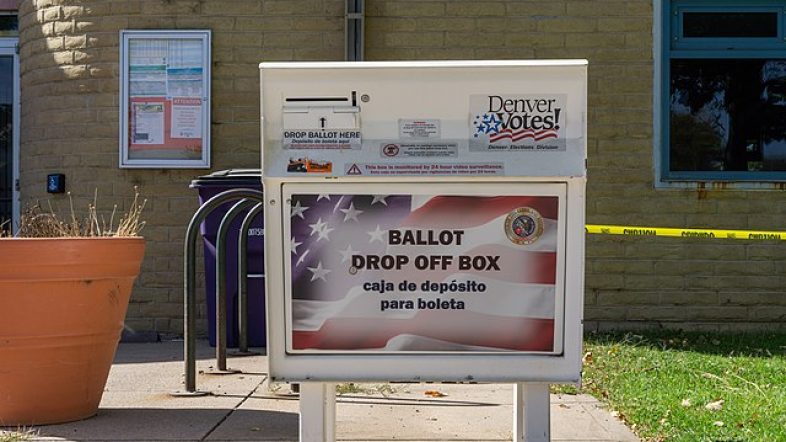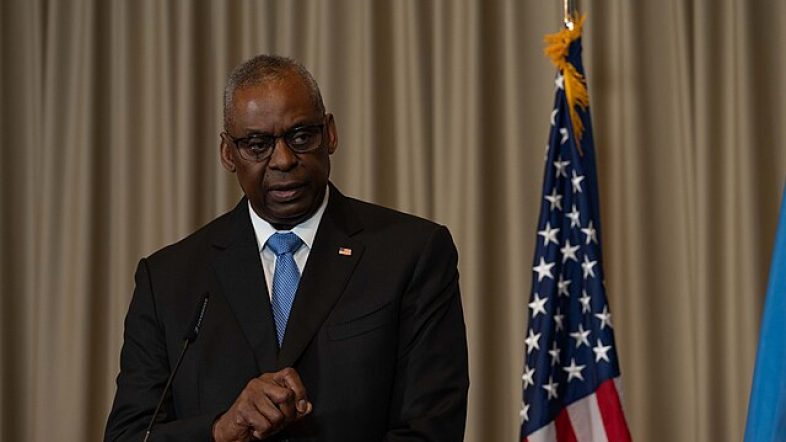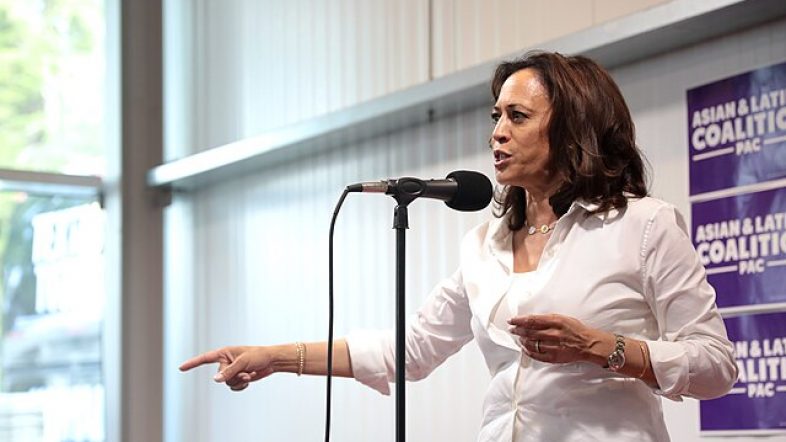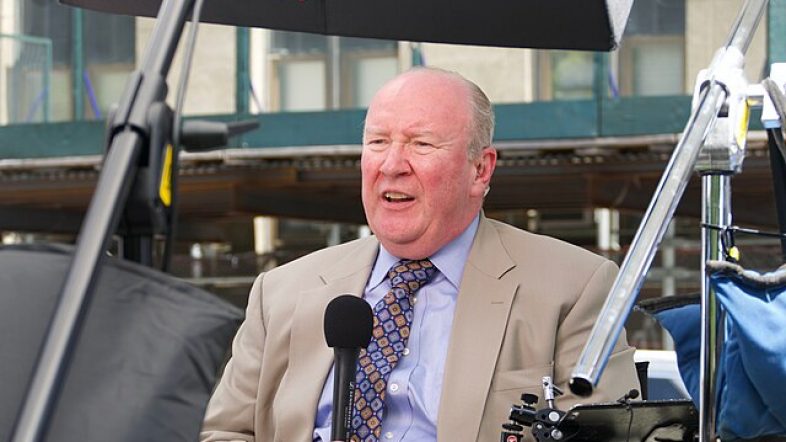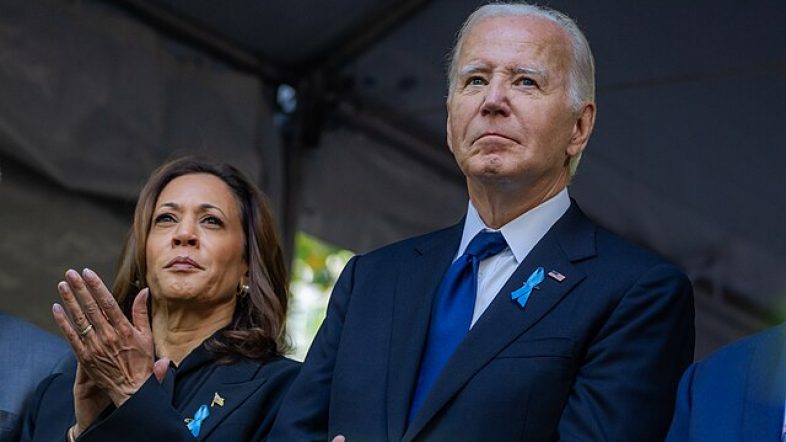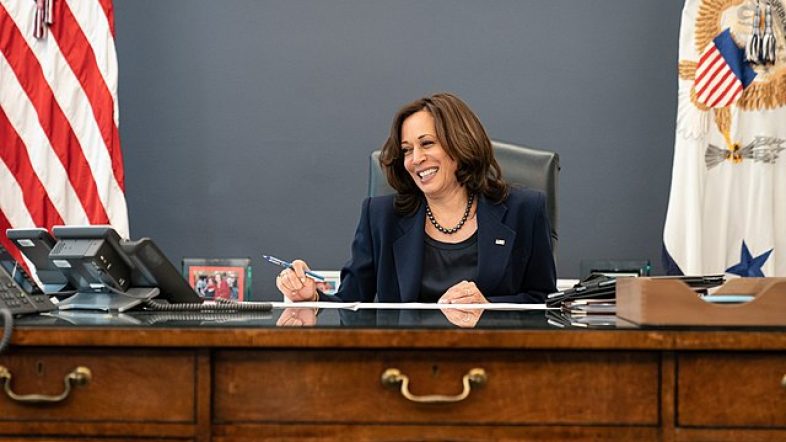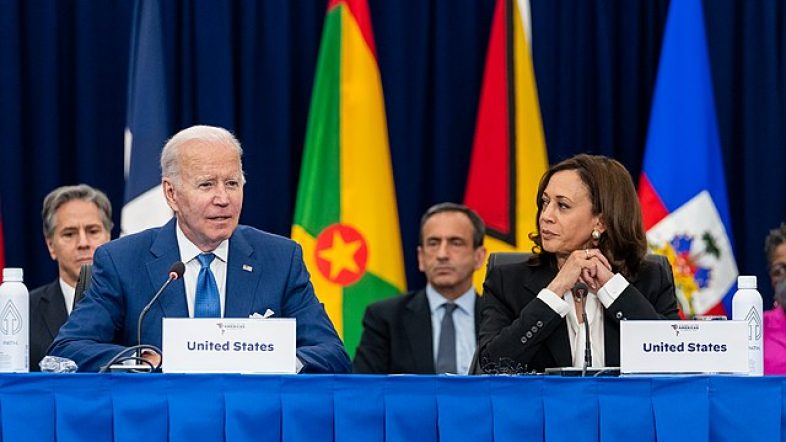A bill that would appropriate $95 billion of taxpayer funds for foreign military aid to Ukraine, Israel and Taiwan could pass the House of Representatives despite objections from the House Republican leadership.
The Senate voted on Tuesday to pass the bill, as an amendment to previous legislation passed by the House, by a vote of 70 yeas to 29 nays, despite the objections from House Speaker Mike Johnson and many Republican members of the body. Through the use of a discharge petition, a rarely employed procedural measure, a majority of the House could advance the bill to the floor and pass it.
The rules of the House, specifically Rule XV, allow members to petition to discharge a bill from consideration by committees, which require the signature of half of all members. If adopted by the House in a majority vote, it enables the petitioning member to bring up the bill expeditiously, which allows for consideration of the bill within two legislative days.
🚨New: Speaker Mike Johnson comes out against a discharge petition that would send Senate foreign aid funding bill to the House floor for a vote without his approval
Senators Mullin and Tillis reached out to house members to support a discharge petition
— The Calvin Coolidge Project (@TheCalvinCooli1) February 13, 2024
The House’s rules specify that a bill must have been pending with a committee for over 30 days before it may be discharged.
Bills do not normally advance to the House floor without the approval of the majority party’s leadership, whose positions give them significant power in the legislative process, according to CBS News.
“Speaker Johnson should put the bill on the floor one up or down vote. We’ll deal with other potential legislative options at a later date,” House Minority Leader Hakeem Jeffries told the Daily Caller News Foundation on Wednesday.
Jeffries had previously vowed to use “every available legislative tool” to pass the bill, according to Politico.
Republican Sen. Thom Tillis of North Carolina, who supports the bill, has reportedly been encouraging House members to use a discharge petition to bring the bill to the floor.
“We are not going to be forced into action by the Senate,” Johnson said at a press conference on Wednesday. “[The bill] does not have one word in the bill about America’s border.”
Discharge petitions have rarely been successful in the House due to the requirement that members of the majority party oppose their leaders.
“[D]ischarge is designed to be difficult to accomplish and has rarely been used successfully,” the Congressional Research Service wrote in 2023.
Arjun Singh on February 16, 2024















